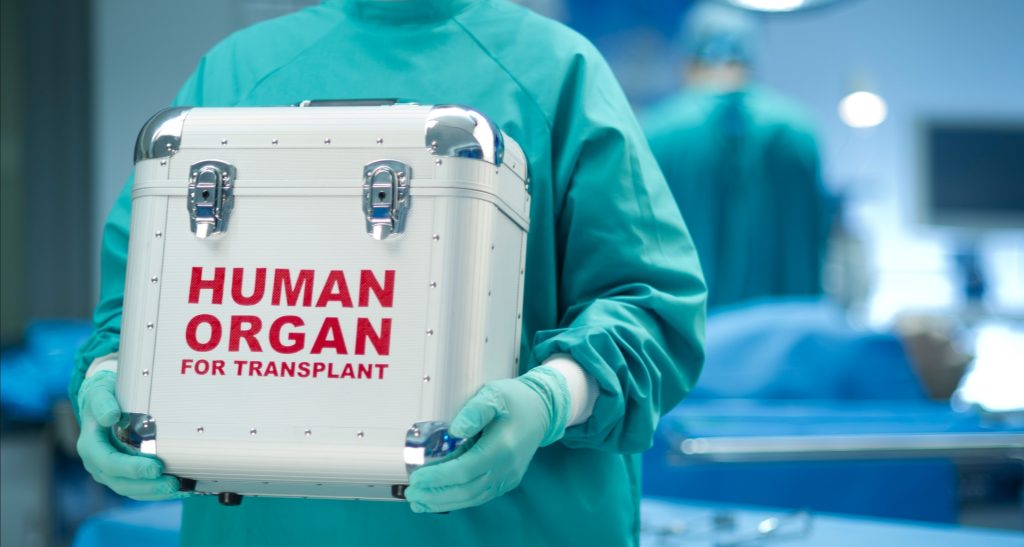-TEMI IWALAIYE
Nigeria’s black market for kidneys is booming due to hypertension and renal failure, which affect 20 million Nigerians, with one in five needing urgent transplants. Since humans only need one kidney for survival, they can donate the other to a sick person.
In recent years, there has been an increase in the level of interest shown by various organizations, with the World Health Organization (WHO) and professional bodies like The Transplantation Society in organ donation. Their main objective is to construct a comprehensive structure of legal and ethical principles to eliminate immoral organ donation.
Organ donation and harvesting should be voluntary since it can have severe consequences both mental and physical on the donor. However, transplantation is the best and sometimes the only form of treatment for many patients with end-stage organ failure. Hence the scarcity.
There are two legal sources of organs for transplant purposes:
- Deceased Donation: This uses organs from deceased persons who voluntarily donate their organs in the event of sudden death or mass accidents. In some European countries, it is on people’s driver’s licenses that, in case they die during an accident, their body parts should be used for science.
- Donation By Living Donors: This involves first, second, or third-degree relatives, or commercial donors, who voluntarily market their organs.
The National Health Authority (NHA) guides medical practitioners in Nigeria by requiring consent from donors under 21 years old, screening for kidney disease, hypertension, diabetes, HIV, hepatitis B, or C, and swearing an affidavit in court that the donation was voluntary.
One of the worst scenarios for people requiring organ transplants exists in the flourishing illegal trade of body parts, where organ harvesting takes place through the trafficking or abduction of victims.
Kidnapping and abduction
The rate of kidnapping and abduction in Nigeria is quite high. According to Humangle, “Over 9,000 people were killed and over 4,600 were kidnapped last year. While the figures are lower compared to incidents in 2021, they still fit into a worrying pattern. As many as 9,076 lives were lost to the violent incidents that unsettled Nigeria last year, and 4,680 people were victims of abduction.”
Ritual killing
There are also ritual killings where abducted people are killed and their body parts are used for ‘rituals’. Unknown or known to those who take part in this for the promise of wealth or other reasons, they may be aiding in organ trafficking.
Buying organs of poor people
In Nigeria, the reality is organ donation is neither free nor voluntary. Instead, there are many people who, due to their own urgent need for an organ or that of their family members, make arrangements with those less fortunate in society. These poor people are goaded or seek out those in need of organs in exchange for financial compensation.
The Nigerian government needs to take a more severe stance on organ donation, just like the British government quickly meted out punishment on Senator Ike Ekweremadu and his wife for attempting to traffic an organ of a young man for his sick daughter.
